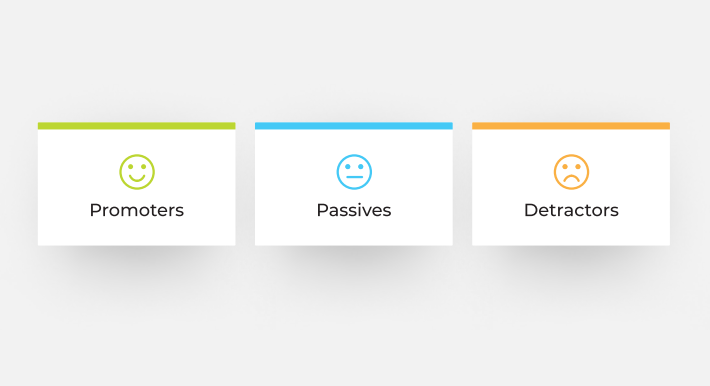There are no positive customer outcomes without engaged employees who care. We often get caught up in measuring and analysing customer experiences through various customer satisfaction surveys, looking for improvements in products and services. And that is great - everyone that engages their customers in meaningful feedback is on the right track to business growth.
One of the foremost things worth remembering is that all great customer experiences start with engaged employees. Without them, there is simply no customer experience - businesses are built on their people. While many businesses connect with their customers through NPS surveys, social media etc. not many are taking the time to open up the right communication channels with their own teams. This is as important as customer insights and lets the businesses know what their employees care about, what is important about their jobs and what keeps them engaged.
In a recent study by Australian recruitment firm Robert Half, it was found that 84% of Australian office employees would be prepared to take a lower pay rate in exchange for benefits such as flexible office hours, working from home, various allowances and medical benefits. With more job seekers looking for positions that suit their lifestyle needs, intuitive businesses are finding that they can have more productive, more engaged employees by offering benefits which are meaningful to their people.
On the other hand, employees are not engaged don’t just look after their customers less, but are more likely to be looking for other opportunities. According to a Gallup study, between 56% and 73% of those employees are actively looking for other jobs. The same study reported that highly engaged workforces outperformed their peers who are not, by 147% in earnings per share.
Putting employee engagement measurements in place is crucial, as important as measuring customer experiences. Executing the employee surveys gives businesses practical insight into how engaged and efficient their teams are. These insights include their thoughts on leadership, the nature and satisfaction in their work, career development, company culture and pride and many more important business areas. Net Promoter Score surveys are often easily adapted to measure employee satisfaction and engagement - these are called Employee Net Promoter Score (eNPS). The short, sharp nature of the NPS survey elicits a frank response from people by asking them to rate their employer on a scale (usually 0-10), followed by an open-ended question about why they have given their rating.
This survey format can be expanded to include targeted insight into specific business areas the employer wants to know about, giving them a chance for improvements.
Examples of these are:
-
How do you rate your work/life balance?
-
Do you believe in the company purpose and mission?
-
If you left the company tomorrow, what would be the main reason?
-
Do you feel valued by your company? What could we do to change that?
-
Are you inspired by your team?
Once the survey is completed with a big enough sample size, the next step is to identify the actionable steps for improving employee engagement. Identifying key levers to improve engagement and customer-centric culture will come from the survey data, pointing to key issues that affect employee engagement - keeping an eye out for common trends.
Once the key areas of improvement are recognised, companies can make a plan of action. That action needs to be communicated to their employees, in a similar way that they would communicate to customers who have given their feedback and expect acknowledgement and response.
Continued measurement of ENPS is needed ongoing, to make sure the actions have the desired effect of raising employee engagement. Ongoing measurement enables businesses to benchmark their improvements.
Once the improvement cycle is complete and employee engagement starts to trend up, the positive effect on customer experiences is sure to follow. It only makes sense that valued, happy employees who value their jobs will reflect that positivity onto their dealings with customers.
Click here to find out more about setting up an eNPS programme.






